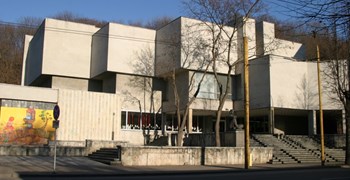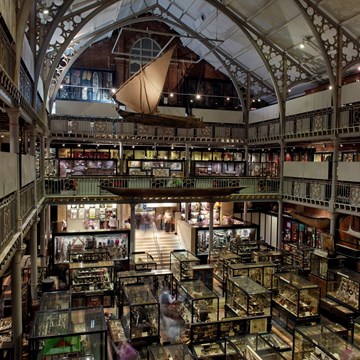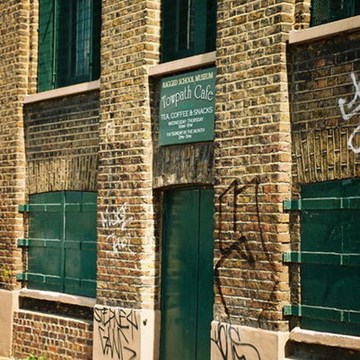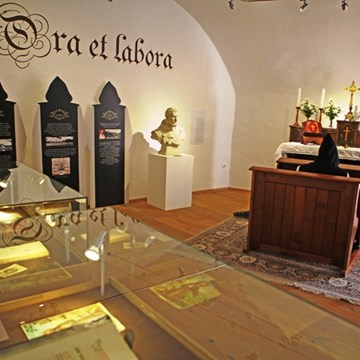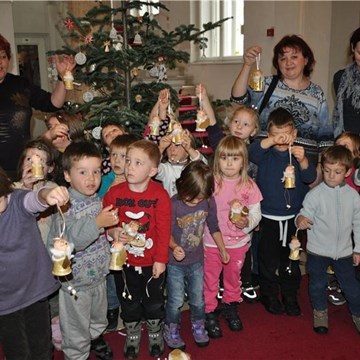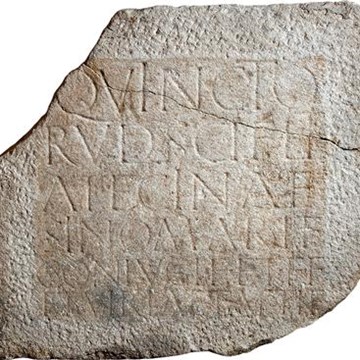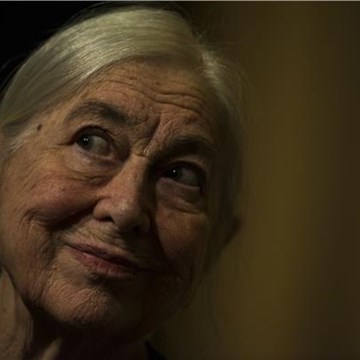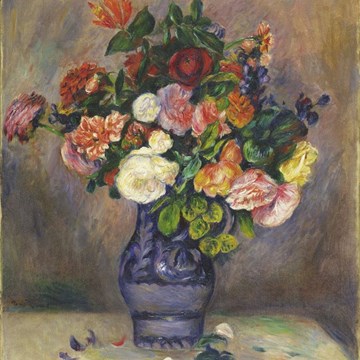Cotton Code: The Heritage of Alytus Cotton Textile Factory
Can the history of industry influence a modern city and a contemporary citizen? The aim of the exhibition to decode the heritage of the largest cotton processing company in the Baltic States – the Alytus Cotton Textile Factory, and to return this code to the city as an important genome of identity.
Every tenth person in the town worked at the Alytus Cotton Textile Factory. This industrial giant was associated with almost every family in Alytus, had an enormous influence on the city’s economy, shaped urban planning, social environment and culture of Alytus. Having flourished during the Soviet era, the factory experienced an inevitable and painful collapse in 2007. Gradually, the city had renounced unpleasant memories, “burnt them away”, just like the fire on the factory’s premises in 2019.
The “Cotton Code” – a large-scale investigation project coincided with Alytus’ preparation to become the Lithuanian Capital of Culture 2022. The Alytus Museum of Ethnography and artist Gintarė Markevičienė-Žaltė, the curator of the present exhibition, decided to purify the "cotton code" and transplant it into the city. A suggestive exhibition, opened at the Alytus Museum of Ethnography in May 2022, was accompanied in the city by numerous events throughout the year. "Led by emotion, I set myself a task to tear through the historical loss," says the curator and takes up next steps in search of the "Cotton Code".
The exhibition “Cotton Code” has been organized by the Community Platform “Back up Stories“ which has been initiating the cycle of exhibitions “The Great Industry” since 2017. For the first time, we have extended its geographical boundaries having a wish to draw attention to the importance of the research with regard to industrial memory in all regions of Lithuania.
The display of emotional photographs by the famous photographer Vytautas Stanionis from Alytus and his colleague Zita Stankevičienė, documenting the cotton factory from the years of its construction until the fire in 2019, look like it has just been unpacked in front of the viewer – from insightful photographs of work, holidays and daily life stepping beyond the Soviet canons to the photo documentary of the furious strike of workers in 2007.
The heroins of the exhibition – artists of the Alytus Cotton Textile Factory, designs and samples of the fabrics created by them, entire catalogues – true encyclopedias of variegated patterns are in power to recreate the monochrome photographs from the years of childhood and youth, bring back memories of floral dress images or children bedding.
A very important exhibit – a rusty reed is the only surviving object out of 3890 weaving looms. A great deal of the factory's heritage – scraps of cotton fabric, flannel, satin, canvas can be still found in the homes of former employees. People are in no hurry to part with them and hand it over to the Alytus Museum of Ethnography – they keep cherishing a dream of using the preserved textile remnants which might be used in making dresses and other lovely sewings for their grandchildren.
SOLD, RUINED, BURNED DOWN: the Dramatic History of Alytus Cotton Textile Factory
The Alytus Cotton Textile Factory started operating in 1969 and from the very beginning employed around 6,000 people. The production premises of the factory covered 16 hectares. All processes of the production were realized here: cotton fibre was spun, woven, printed, dyed in colours and sewn. Finally, different kinds of textile garments were ready to leave the factory.
The factory had transformed the city of Alytus – new modernist districts were being built around. In 1980, the Cultural House of the Cotton Textile Factory was opened. Danielius Jakšys, the head of the factory at the time, tricked Moscow by claiming that he was building an auxiliary warehouse. Soon, Alytus could boast on a newly constructed building for cultural events, which became an integral part of Alytus culture for decades. The building is now seen as an interesting and luxurious example of Soviet modernism. The employees were provided with various cultural events and activities. Today it is a vibrant cultural centre of Alytus city municipality.
In 1989, by the resolution of the workers' board, the Soviet name of the factory was changed from the Cotton Plant of the Lithuanian Communist Party's 60th Anniversary to Alytus Cotton Factory.
After the plant‘s reorganisation in 1993, the Alytus Cotton Factory became the joint-stock company “Alytus Textile” (Alytaus Tekstilė). Soon, the globalisation manifested its laws: EUR 106 cost to weave 1 ton of cotton in Alytus and EUR 40 in China, therefore, the production was moved to the third countries, and that was a consequence for more than 1 000 workers to be left without job.
The company was finally undermined by a sale transaction with the “Tolaram Group” of Singapore in 1998. After the privatisation, some employees left on their own, others were dismissed.
The Lithuanian government's investments and efforts to save the company did not work –“Alytus Textile” was declared bankrupt in 2007 and 1 089 workers were dismissed. As a last opportunity, they organized a strike demanding unpaid wages, forced their way into the factory's administrative premises with the requirement to start negotiations.
Finally, in 2019, a part of the former factory buildings was devastated by a fire that continued for ten hours.
Currently, Lithuanian and foreign business companies are setting up in the former premises of "Alytus Textile".
Participants:
Photographers – Vytautas Stanionis, Zita Stankevičienė.
Artists of the former Alytus Cotton Textile Factory – Verutė Pociūtė-Balčikonienė, Valentina Keturakytė, Rima Kulpinskaitė-Leonienė, Danutė Makarskienė, Vitalija Maleiškaitė-Makauskienė, Vilija Murauskaitė-Raguckienė, Nijolė Zdanavičienė.
Co-worker of the former Alytus Cotton Textile Factory – Danguolė Žukauskaitė-Ambrazevičienė.
Curator of the exhibition: Gintarė Markevičienė-Žaltė
Graphic design: Julija Tolvaišytė-Leonavičienė
Exhibition design: Gintarė Markevičienė-Žaltė
Coordinator of the exhibition: Auksė Petrulienė
Partners: Alytus Museum of Ethnography, M. K. Čiurlionis National Museum of Art, the Community Platform “Backup Stories”.
Exhibitions and events

"Fairy tale". Childhood in Lithuania in the late soviet era
Temporary exhibition at Kaunas Picture Gallery until 27.07.2025A legendary children's café "Pasaka" is back! But not as a dining and entertainment space, rather as a portal of glowing stained-glass windows, leading to contrasting childhood memories – from a...
Activities from this museum
We don't have anything to show you here.
